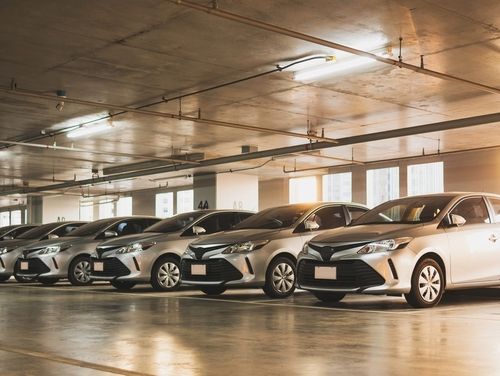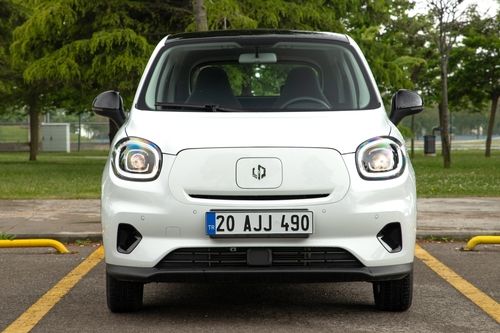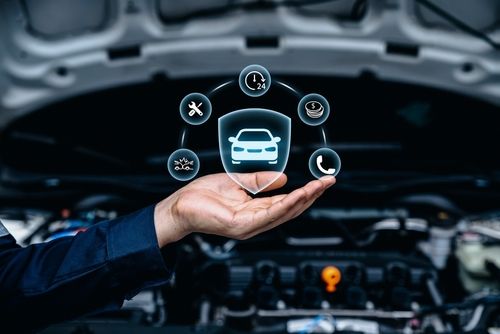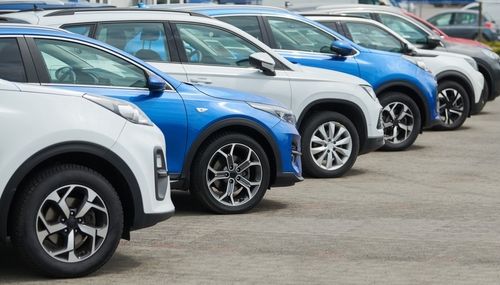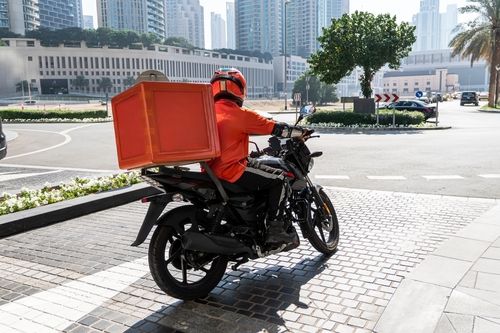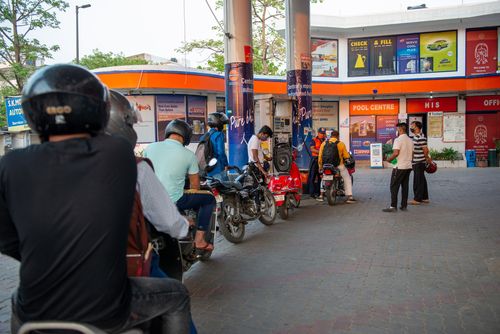What Is Third-Party Motor Insurance?
Written by Upstox Desk
Published on July 15, 2025 | 5 min read

Atiksha is a 19-year-old student who recently got her driving license. After completing a driving course, she just wanted to be behind the wheel all the time. She would take her mother out for groceries and insist on driving during family outings. As she drove carefully and with all security precautions, her dad never minded handing her the car keys.
However, one Saturday afternoon, when she had gone to pick her younger brother up from school, she got nervous in a congested area. While trying to move the car, she accelerated while reversing, a bit too hard, and the car’s rear bumper collided with a parked scooter and damaged it. She was quite scared of the repercussions as the scooter owner started demanding damages. She called her dad, and he told her to be calm, as the car had a valid third-party motor insurance, meant for such instances.
When you take your car or two-wheeler out of the garage, there is always a looming risk of encountering an accident that can damage third-party properties or hurt someone physically. With a large number of vehicles, especially in Tier I and II cities, a driver is always under tremendous pressure to reach a destination safely and soundly.
Even if the damage to a third party isn’t major, the legal and financial implications can be stressful. This is where the third-party motor insurance steps in. There is a reason why the Motor Vehicles Act legally mandates it. It protects you from liabilities arising due to injury, death, or property damage caused to another person while driving your insured vehicle.
What Is Third-Party Motor Insurance?
You might be aware of the legal requirement of having at least third-party motor insurance for your car or two-wheeler to drive legally in India. It is a basic yet legally essential form of vehicle insurance that covers you against legal liabilities arising from damage or injury caused to a third party. In this context, the “third party” refers to any person or property affected by your vehicle, excluding yourself and your own vehicle.
If you encounter an accident and cause loss to property or someone gets injured, this insurance ensures that victims of road accidents receive due compensation without placing the entire financial burden on the vehicle owner. It is mandatory for every vehicle, irrespective of ownership. It provides coverage for bodily injury, death, and property damage (up to ₹7.5 lakh) caused to others.
How Does Third-Party Motor Vehicle Insurance Work?
If you are involved in an accident caused by or involving your car or two-wheeler that has resulted in injury, death, or property damage, there might be legal implications against you. This claim is typically settled through the Motor Accident Claims Tribunal (MACT).
Once the tribunal assesses the case and determines compensation, your insurer steps in to cover the approved amount, up to the policy limits. The insurance covers:
- Bodily injuries or death of a third party
- Property damage (up to ₹7.5 lakh)
It is critical to mention that the claim might be rejected if the driver is found to be under the influence of alcohol or recreational drugs, or if the vehicle was being used for any unintended or illegal activities.
Inclusions and Exclusions of Third-Party Insurance
Third-party motor vehicle insurance is quite beneficial in case of any damages caused to anyone besides the driver or the vehicle.
Here are the inclusions and exclusions:
| Inclusions | Exclusions |
|---|---|
| - Bodily injury or death of a third party | - Damage to your own vehicle |
| - Third-party property damage (up to ₹7.5 lakh) | - Injuries to the policyholder or paid driver |
| - Legal liabilities arising from third-party claims | - Driving under the influence of alcohol or drugs |
| - Compensation as directed by the Motor Accident Claims Tribunal (MACT) | - Driving without a valid license or engaging in illegal activities |
Benefits of Third-Party Motor Vehicle Insurance
Here are the most important benefits that you get from a third-party MV insurance:
Limitations of Third-Party MV Insurance
Here are the most obvious limitations of third-party liability insurance:
No Coverage for Own Vehicle Damage
Repairs or losses to your own vehicle are not covered.
No Personal Accident Cover
Injuries to the policyholder or paid driver aren’t included.
No Add-On Options
You cannot enhance coverage with add-ons like zero depreciation or roadside assistance.
Fixed Compensation Caps
Property damage coverage is capped at ₹7.5 lakh.
Long Claim Processing
Settlements are routed through MACT, which can delay payouts.
How to Buy & Renew Third-Party Insurance
Here is how you can buy and renew third-party insurance for your car or two-wheeler:
-
Where to Buy: Purchase online via the Upstox platform or directly from the insurance company’s website. However, you can compare benefits and features on the Upstox website or app.
-
What You Need: Basic vehicle and personal details for policy issuance.
-
Renewal Frequency: Must be renewed annually without fail.
-
Avoid Penalties: Driving with an expired policy can attract fines and legal issues.
-
Stay Covered: Timely renewal ensures uninterrupted legal and financial protection.
Summing up
Having third-party motor vehicle insurance is a legal necessity in India. Besides the mandatory nature, it is critical to have this insurance because being on the road can be quite risky for you and the third parties involved. While it doesn’t cover your vehicle, it shields you from heavy financial and legal liabilities caused to others. Whether you drive daily or occasionally, having valid third-party insurance ensures peace of mind whenever you hit the road.
FAQs
-
What is third-party motor insurance?
It’s a mandatory insurance policy that covers legal liabilities arising from injury, death, or property damage caused to others.
-
Does third-party insurance cover damage to my own vehicle?
No, it only covers third-party liabilities, not your own vehicle’s damage.
-
What is the maximum coverage for third-party property damage?
Up to ₹7.5 lakh, as per current IRDAI norms.
-
Can I add riders or add-ons to a third-party policy?
No, third-party policies don’t allow add-ons like zero depreciation or roadside assistance.
-
Is third-party insurance enough for a new car?
While it’s legally sufficient, a comprehensive policy is better for full protection.
About Author
Upstox Desk
Upstox Desk
Team of expert writers dedicated to providing insightful and comprehensive coverage on stock markets, economic trends, commodities, business developments, and personal finance. With a passion for delivering valuable information, the team strives to keep readers informed about the latest trends and developments in the financial world.
Read more from UpstoxUpstox is a leading Indian financial services company that offers online trading and investment services in stocks, commodities, currencies, mutual funds, and more. Founded in 2009 and headquartered in Mumbai, Upstox is backed by prominent investors including Ratan Tata, Tiger Global, and Kalaari Capital. It operates under RKSV Securities and is registered with SEBI, NSE, BSE, and other regulatory bodies, ensuring secure and compliant trading experiences.


















